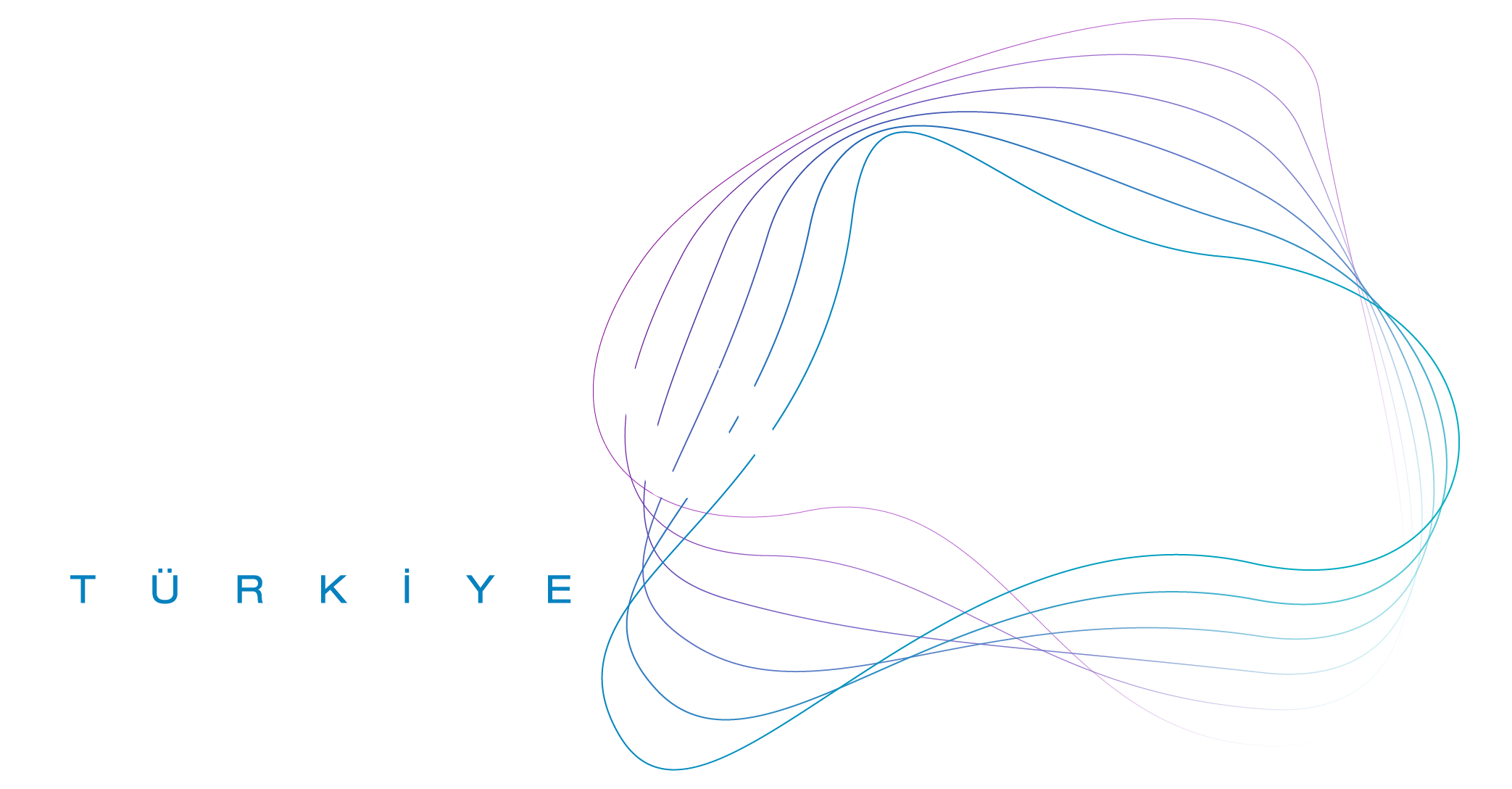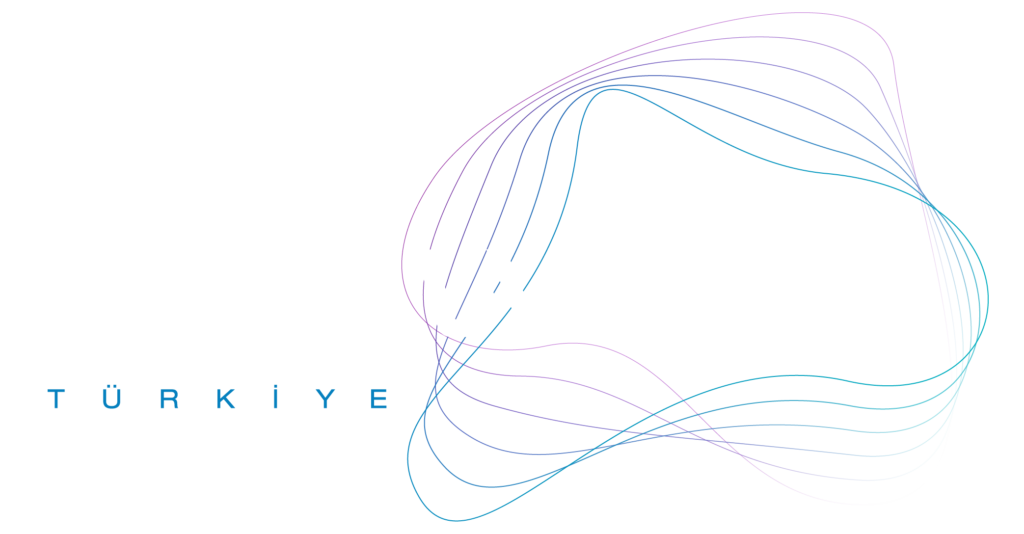This review delves into the significant role of β-glucans, derived from fungal compounds, as beneficial agents in various chronic diseases, particularly in cancer therapy. The review reveals how β-glucans can stimulate the maturation and activation of immune cells, leading to the increased release of pro-inflammatory cytokines and chemokines. This, in turn, enhances the anti-bacterial activity of macrophages and neutrophils, and importantly, directs the immune response against tumor cells.
β-Glucans are identified as biological response modifiers, capable of stimulating the activity of adaptive immune cells. They hold potential as adjuvant cancer therapies, particularly in synergistic action with chemotherapy or immunotherapy. The review discusses recent clinical studies showing promising results in combining β-glucans with immune checkpoint inhibitors for treating various solid tumors. The focus of the review is on the molecular mechanisms of action of β-glucans and their application in clinical practice as immune-adjuvants in cancer treatment. This highlights the evolving role of β-glucans in the immuno-oncology era, aiming to identify innovative drugs that can target and inhibit different biological processes essential for the survival of cancer cells.
Original Publication:
Cognigni, V., Ranallo, N., Tronconi, F., Morgese, F., & Berardi, R. (2021). Potential benefit of β-glucans as adjuvant therapy in immuno-oncology: a review. Exploration of Targeted Anti-tumor Therapy, 1(3), 223-236.
https://doi.org/10.37349/ETAT.2021.00036

